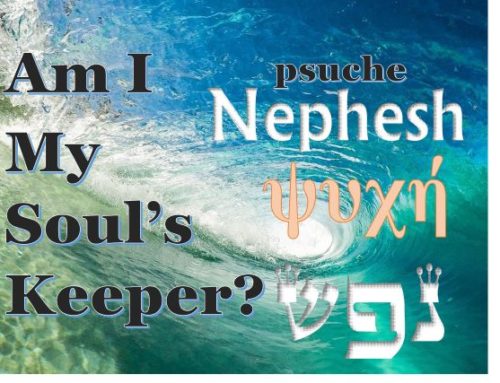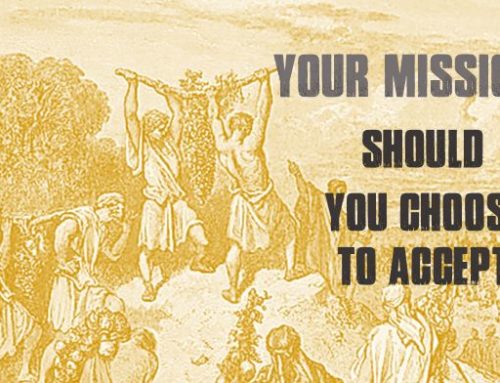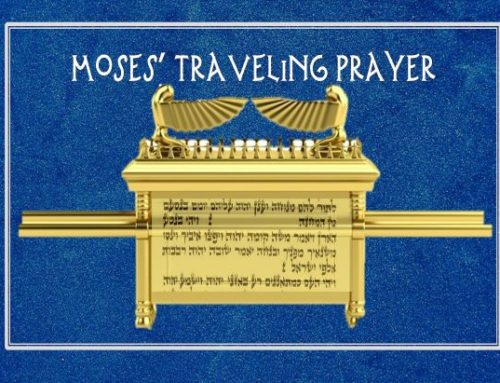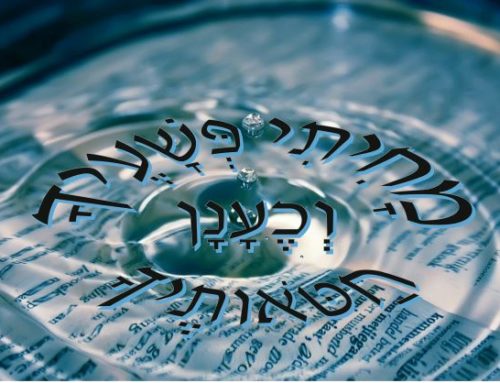Torah Portion Chukat, Numbers 19.1—22.1.32, Haftarah, Judges 11.1-31
“Now the Lord spoke to Moses and Aaron, saying, “This is the ordinance of the law which the Lord has commanded, saying: ‘Speak to the children of Israel, that they bring you a red heifer without blemish, in which there is no defect and on which a yoke has never come. You shall give it to Eleazar the priest, that he may take it outside the camp, and it shall be slaughtered before him…” Numbers 19.1-3 NKJV
This week’s Torah portion, Chukat, meaning ordinance, gives a remedy for ritual impurity, such as incurs when one encounters a dead body. The remedy was through the sacrifice and burning of a red heifer outside of the camp. Its ashes mixed with water provided a purification of the flesh. The writer of Hebrews emphasized the cleansing nature of the ashes of the red heifer and its blood sacrificed outside the camp. He then spoke of the greater efficacy of Yeshua’s sacrifice to purify our sinful conscience, imploring us to go to Him who also suffered outside the camp. (Heb. 9.14, 13.13) The instructions to purify using the red heifer were given just before the deaths of two significant members of the Israel’s community, Miriam, and Aaron. For the next few moments let us look at the prescription, power and place of the sacrifice who suffered outside the camp.
I. The Prescription
This is the “Chukat”, the statute, ordinance, prescribed instruction, to obtain cleansing. Contact with death, a corpse, even a human bone, imparts impurity. The Hebrew Bible calls this impurity tumah. To ignore the prescription, meant being cut off from Israel. So, we must ask, what is tumah? It is more than physical uncleanness remedied with soap and water. It required the sacrifice of an unblemished red heifer, and one that had never been harnessed. It was handed over to the priest, taken outside of the camp, and slaughtered. Placing the blood on his finger, the priest sprinkled it toward the Tabernacle seven times. Finally, the sacrifice was burned with cedar wood, and its ashes deposited in a clean place outside the camp. Only these ashes mixed with water could cleanse tumah. Unfortunately, such an animal has not existed since the days of the Second Temple. Every person, at some time, has come into contact with this kind of impurity. Perhaps you are thinking, is not a good shower sufficient? No, not even the best body wash can remove this impurity. There is a powerful lesson that the Lord taught us in this Torah portion. We must follow His prescribed instructions if we desire to come to Him and the means to acquire the sacrifice is in His hands alone. While this impurity will prevent the priests from ministering in the tabernacle, it will not prevent one from going to Heaven. When the body dies, the soul is freed from physical tumah. However, there is an uncleanness which will keep people from Heaven. And all men suffer from this condition and need a prescription or remedy. All have sinned and come short of God’s glory. Is there a remedy for sin? The ashes of the red heifer indeed purify the flesh, but this sacrificed blood, sprinkled by the Priest, was symbolic of Messiah blood. The writer of Hebrews speaks of the greater power in Messiah’s blood to cleanse our sinful conscience.
II. The Power
“For if the blood of bulls and goats and the ashes of a heifer, sprinkling the unclean, sanctifies for the purifying of the flesh, how much more shall the blood of Christ, who through the eternal Spirit offered Himself without spot to God, cleanse your conscience from dead works to serve the living God?” Hebrews 9: 13-14 NKJV
The writer used an ancient hermeneutic called, Kal Vachomer, (light and heavy) to give an analogy from a lighter to a weightier principle. If the ashes of a heifer and sprinkling the unclean purifies the body, how much more will the blood of Messiah cleanse our conscience from dead works. This is a soul cleansing. When he says, “dead works”, he means “sinful deeds”. There is power in Messiah’s blood to cleanse a person’s soul from sin! His sacrifice is the power to separate the tumah attached to the soul of man. In the days of the tabernacle and Temple, the priest went to a place outside the camp to acquire this remedy. But is there a place of purification from sin today?
III. The Place
The high priest carries the blood of animals into the Most Holy Place as a sin offering, but the bodies are burned outside the camp. And so Jesus also suffered outside the city gate to make the people holy through his own blood. Let us, then, go to him outside the camp, bearing the disgrace he bore. 14 For here we do not have an enduring city, but we are looking for the city that is to come.” Hebrews 13: 11-13 NKJV
The writer of Hebrews looked to the prescribed statutes of the Torah portion Chukat to reveal the place of cleansing. In several points, he compared Messiah’s death outside of Jerusalem to the sacrifice of the Red Heifer.
1. He Suffered Outside the City Gate
We must go to Him outside our comfortable dwelling place. Like the Red Heifer, Yeshua was handed over to the High Priest, and led “outside”, to a place where his blood was shed, His body sacrificed, to where He bore our sin and disgrace away. Bearing, conveys the sense removal. Ancient Israel was instructed to go to the place where the ashes were kept, outside the Holy precincts and in a spiritual sense we must also.
2. His Blood Makes us Holy
It was not possible to come into God’s presence except through purifying ashes of the red heifer. Likewise, it is not possible to be accepted in God’s presence without the removal of our spiritual tumah (impurity) except through the blood of Messiah.
3. We Journey Outside First to Enter the Holy City
We also bear His disgrace in the journey to Messiah. If He suffered “outside” the camp, we must also be willing to bear the rejection that comes by following him. But, in so doing we are assured entrance to the Heavenly city that awaits those who have been made clean.
Conclusion
In Torah portion Chukat we find the prescription, place, and power for cleansing. There is a physical tumah that affects every person, which the ashes of the Red Heifer can cleanse. Israel still awaits the birth and consecration of a true red heifer. Some recent reports say that recently such a pure red heifer has been born.[1] It may well provide the ritual purification needed for the priests to minister in a future Temple. But the Red Heifer was limited in its ability to purify the conscience of man stained by sin. Just as a person could not bypass going outside the camp to the place where the ashes and cleansing waters were kept in order to enter the Tent of Meeting, so we must go to Messiah, outside the camp, bearing our shame, to enter into the glories of the Lord. May you find your way to His cleansing today.
Shavuah Tov.
[1] Sullivan, H. (2018, November 25). ‘End of DAYS’ Bible Prophecy fulfilled after birth of red HEIFER in Israel. The Sun. https://www.thesun.co.uk/news/7217719/bible-prophecy-apocalypse-firs-red-heifer-born-israel/.
